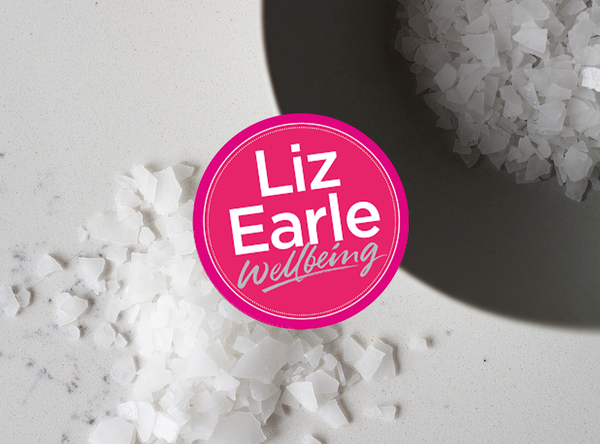Many of us dread the slow march to the end of October where the clocks change and the days suddenly get shorter. The de facto start of winter seems to mean we spend our days in darkness. Arriving at work in the dark and starting the commute home as dusk falls.
On top of this the change in our sleep cycles can lead to a couple of weeks of disruption and many of us really struggle to get the sleep we need. We can’t do much about the short days but if you follow these tips you should be able to transition back to Greenwich Mean Time a lot easier!
Shift Your Bedtime & Wake Up Time
This works best if you keep a consistent bedtime, all year round as much as possible. In the 4 days before the clocks go back move your bedtime 15 minutes later each day. This means as the clocks change your body is prepared for the change and has had time to adjust to it. As you go through the process you can also do the same to your wake up time; and voila you will have transitioned smoothly to Greenwich Mean Time. This technique works really well with kids!
Use Light to Wake Up
To combat the darkness the clocks changing brings I would recommend waking up with natural daylight. You can get loads of different types of sunshine alarm clocks and they are great at helping you wake up feeling ready for the day! They work by mimicking a sunrise, which stops your body producing Melatonin (the hormone that helps sleep) and pulls you out of the deeper stages of your sleep cycle. One of the advantages is when you wake it is not such a shock as a conventional alarm.
Magnesium
Recent research from the University of Edinburgh and the University of Cambridge has shown that there is a relationship between our cells Magnesium levels and the body’s ability to follow its sleep cycle efficiently. Basically, having the right levels of magnesium in the body means we find it easier to fall asleep and wake up at the right time.
Golden Hour
In the hour before bed make sure you are preparing your body for sleep. We warm up for exercise and we need to wind down for sleep. Minimise your time in front of smartphones, tablets and the TV which are all classed as “blue screen” devices (the light confuses your body into thinking it is still daylight) and reduce lighting in the room you are in. A bath and shower before bed is great and activities such as playing a musical instrument, knitting, colouring in or meditating helps your body and brain prepare themselves for sleep.
So why not take the opportunity of the clock’s changing to sort out your sleep routine and commit to having a better night’s sleep. If you do you will feel a lot more energetic during the day!
Reference (Ooijen et al., 2016) Daily magnesium fluxes regulate cellular timekeeping and energy balance; Nature





















